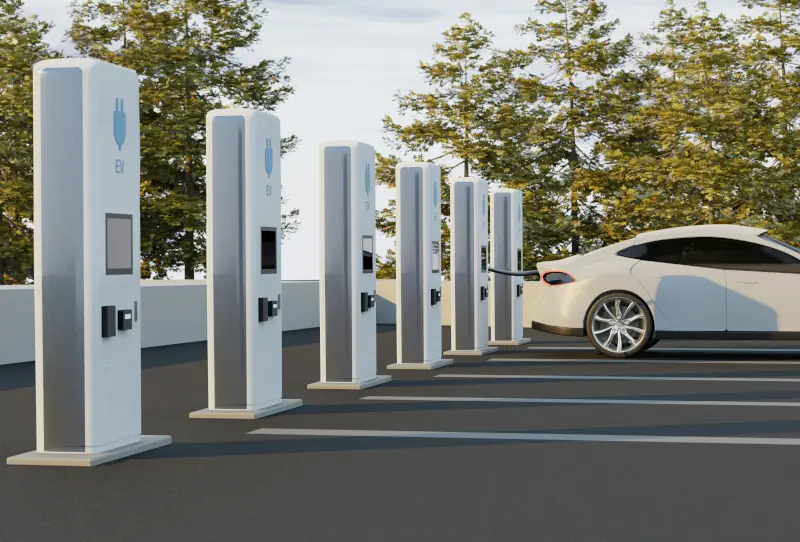What Are Solid-State Batteries?
Unlike conventional lithium-ion batteries that use a liquid electrolyte, solid-state batteries employed in Tesla vehicles utilize a solid electrolyte to facilitate ion movement between the anode and cathode. This design offers several advantages.
Solid-state batteries Tesla is developing promise to enhance vehicle performance significantly.
- Higher Energy Density: Solid-state batteries can store more energy in the same volume, potentially doubling the range of EVs compared to current lithium-ion batteries.
- Improved Safety: The solid electrolyte is non-flammable, reducing the risk of fires associated with liquid electrolytes.
- Longer Lifespan: These batteries exhibit less degradation over time, with some designs enduring up to 10,000 charge cycles, significantly more than the 1,500 to 2,000 cycles typical of lithium-ion batteries .
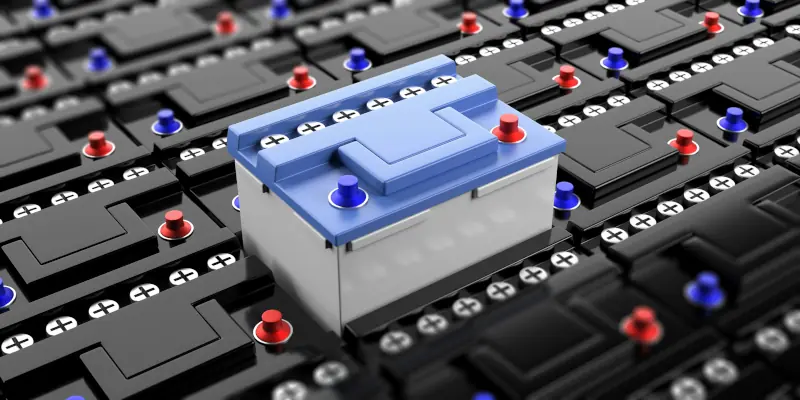
Incorporating solid-state batteries into EVs like Tesla's models could lead to:
- Extended Driving Range: Higher energy density translates to longer distances traveled on a single charge.
- Faster Charging Times: Solid-state batteries can potentially be charged to 80% capacity in as little as 10-15 minutes.
- Enhanced Safety: The reduced risk of thermal runaway improves overall vehicle safety.
- Design Flexibility: Smaller and lighter batteries allow for more innovative vehicle designs and improved performance.
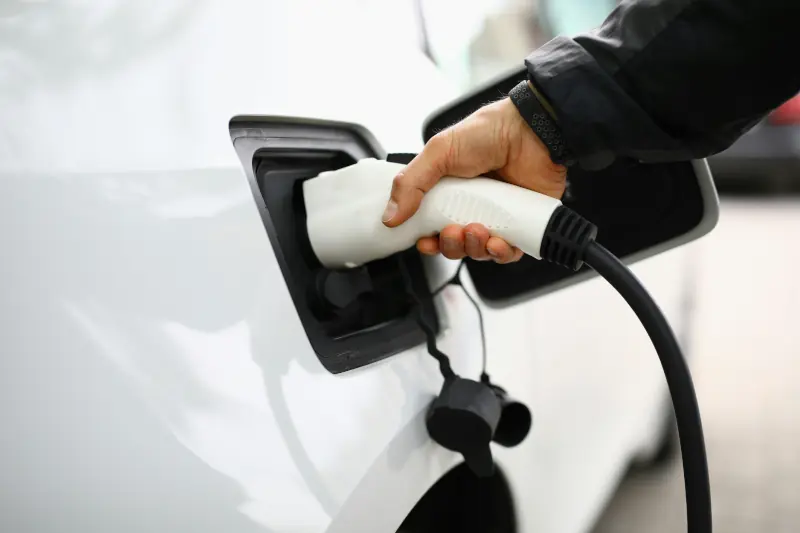
Solid-State Batteries Tesla Is Betting On
With Tesla investing heavily in solid-state batteries, the automotive landscape may witness significant advancements in performance and safety.
Transformative solid-state batteries from Tesla could redefine the future of energy storage in electric vehicles.
Solid-state batteries typically use lithium metal anodes and solid electrolytes made from ceramics or sulfides. This composition not only increases energy density but also contributes to the battery's longevity. Estimates suggest a lifespan of 10 to 20 years, depending on usage patterns and environmental conditions .
As solid-state batteries become more prevalent, Tesla aims to leverage their benefits to enhance customer satisfaction.
Solid-state batteries are a key component in Tesla's strategic vision for next-generation electric vehicles.
Solid-state batteries could also play a crucial role in Tesla's mission to accelerate the world's transition to sustainable energy.
Cost Considerations
The advancements in solid-state batteries Tesla is investing in are set to redefine the electric vehicle market.
Incorporating solid-state batteries will allow Tesla to offer vehicles with exceptional energy efficiency.
Solid-state batteries Tesla plans to integrate will utilize cutting-edge technology for optimal performance.
As solid-state batteries Tesla is investing in become mainstream, the brand will likely lead in innovation.
Solid-state batteries Tesla is focusing on offer a glimpse into the future of sustainable energy solutions.
Solid-state batteries Tesla is refining could significantly impact the energy storage market.
Currently, solid-state batteries are more expensive to produce than their lithium-ion counterparts, with costs ranging from $400 to $800 per kilowatt-hour. However, advancements in manufacturing processes and economies of scale are expected to reduce these costs over time, potentially making them competitive with traditional batteries by the late 2020s.
With solid-state batteries Tesla is developing, the potential for enhanced vehicle efficiency is substantial.
As production scales, solid-state batteries Tesla is pursuing may become an affordable option for consumers.
The advancements in solid-state batteries are anticipated to significantly reduce Tesla's overall production costs.
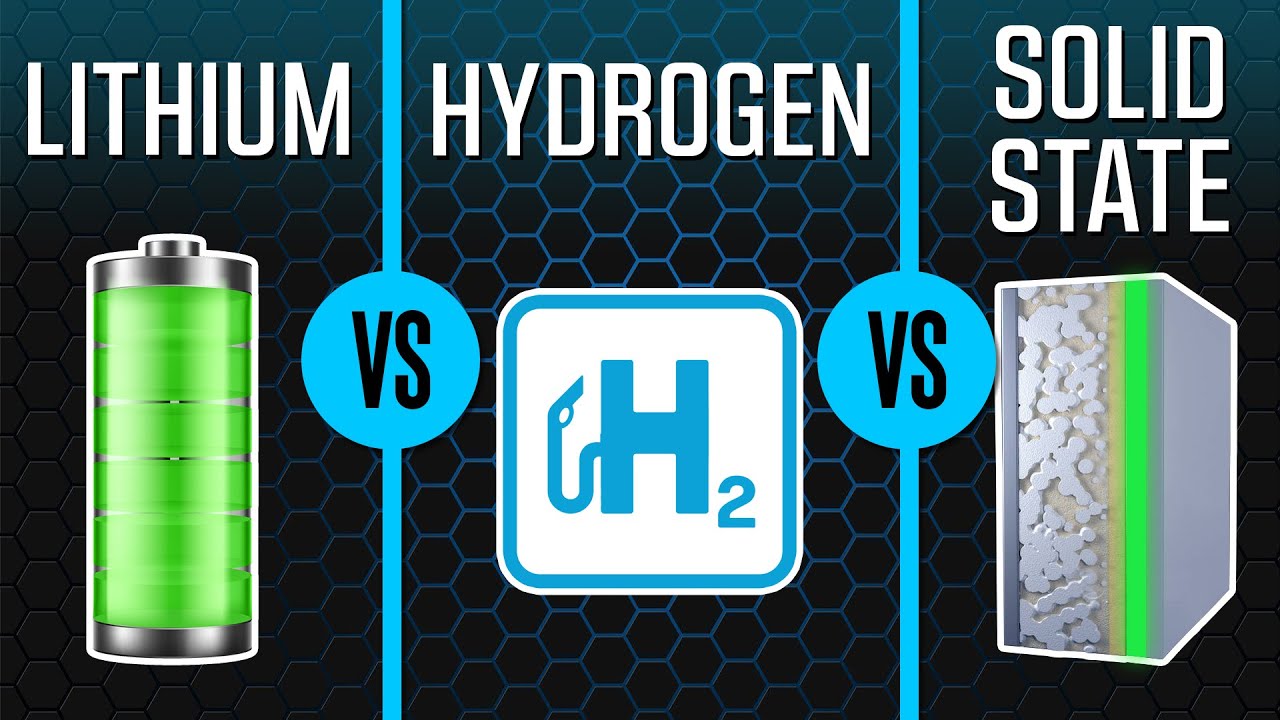
Automakers Advancing Solid-State Technology
Several automotive companies are actively developing solid-state battery technology:
As Tesla advances solid-state batteries, the landscape for electric vehicles will transform markedly.
Tesla’s Role in the Race Toward Solid-State Battery Innovation
As Tesla and other manufacturers work on solid-state batteries, electric vehicle technology will evolve rapidly.
- Toyota: Aiming to commercialize solid-state batteries by 2027-2028, focusing on increased safety and performance.
- Nissan: Developing solid-state batteries as part of its strategy to revitalize its EV lineup.
- Mercedes-Benz: Collaborating with Factorial Energy to test solid-state batteries in vehicles, with road tests beginning in 2024.
- Hyundai: Investing in solid-state battery technology to enhance EV range and reduce charging times.
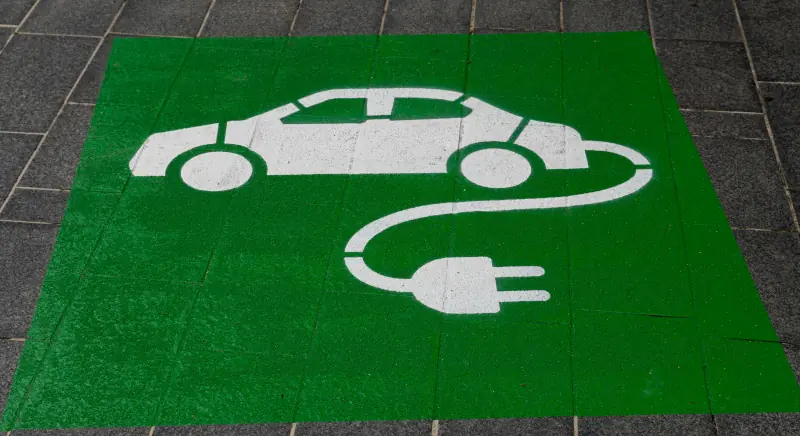
Frequently Asked Questions
Q: How soon will Tesla adopt solid-state batteries?
A: Tesla is actively researching advanced battery technologies, including solid-state batteries. However, the company has not announced a specific timeline for their integration into production vehicles.
Q: Are solid-state batteries safer than lithium-ion batteries?
A: Yes, the solid electrolyte in these batteries is non-flammable, reducing the risk of fires and improving overall safety.Greentech
Ultimately, solid-state batteries could help Tesla maintain its edge in the competitive EV market.
Q: Will solid-state batteries make EVs more affordable?
A: Initially, solid-state batteries may be more expensive due to production costs. However, as technology advances and manufacturing scales up, prices are expected to decrease, potentially making EVs more affordable in the long term.
Solid-state batteries hold the promise of revolutionizing the EV industry with their superior performance, safety, and longevity. For Tesla, embracing this technology could further solidify its position as a leader in electric mobility.
The integration of solid-state batteries into Tesla's offerings is poised to reshape the electric mobility landscape.
Solid-state batteries Tesla is integrating into their production vehicles will enhance overall performance and sustainability.
The Science Behind Solid-State Batteries
Unlike traditional lithium-ion batteries, which use a liquid electrolyte, solid-state batteries use a solid electrolyte material. This change drastically affects the battery's performance, lifespan, and safety.
The solid electrolyte can be made from ceramic, glass, sulfides, or polymers — each offering varying conductivity and stability. One of the primary advantages is the ability to use a lithium metal anode, which significantly increases energy density. This could lead to EVs that offer 600–800 miles of range per charge, compared to the current average of 250–400 miles.
Because solid electrolytes are non-flammable, they also eliminate the risk of thermal runaway — a condition that can cause lithium-ion batteries to catch fire or explode under extreme conditions.
Current Challenges in Solid-State Battery Development
Despite their promise, solid-state batteries face several technical hurdles that have slowed mass adoption:
- Dendrite Formation: When lithium metal is used, sharp dendrites can grow during charging cycles, piercing the electrolyte and causing short circuits.
- Manufacturing Costs: Producing solid electrolytes at scale is significantly more expensive than liquid-based cells. Advanced ceramic materials and cleanroom requirements drive up costs.
- Temperature Sensitivity: Some solid electrolytes only perform well at elevated temperatures, making them impractical for consumer EVs without further innovation.
- Scaling Complexity: Scaling up from lab-sized prototypes to full automotive packs requires massive engineering retooling.
Companies like QuantumScape and Toyota are experimenting with advanced separator materials and roll-to-roll manufacturing techniques to address these issues.
Tesla’s Position in the Solid-State Race
Tesla hasn’t made a public announcement about launching a solid-state EV yet — but that doesn’t mean they aren’t paying attention.
At Tesla Battery Day 2020, the company introduced its 4680 tabless cell, which improves energy density, cost, and thermal management using traditional lithium-ion chemistry. This suggests that Tesla is focused on optimizing existing tech before jumping into solid-state, which remains experimental at automotive scale.
That said, Tesla has multiple patents related to solid-state components, solid electrolytes, and hybrid batteries. Elon Musk has also acknowledged the potential of solid-state tech in interviews, though often noting its long timeline to maturity.
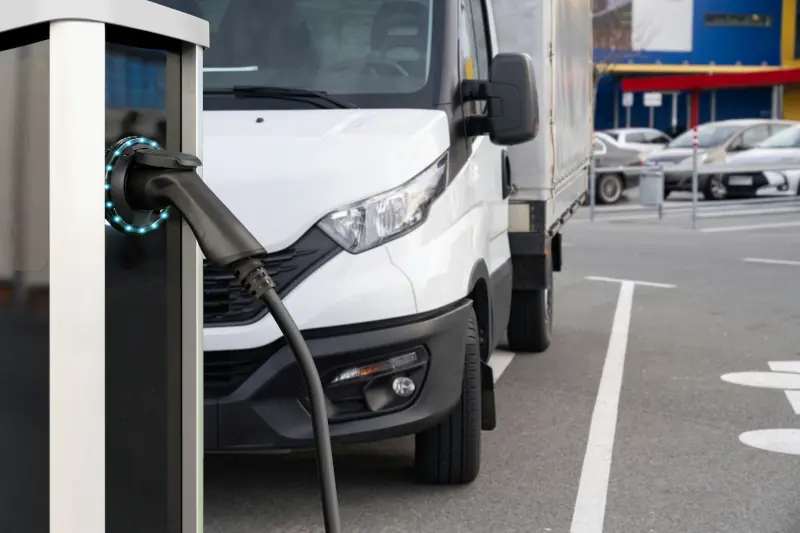
Competitors Betting Big on Solid-State
Several automakers are investing heavily in solid-state R&D:
- The Toyota: The front-runner, with plans to release a solid-state battery EV by 2027–2028, boasting 745 miles of range and 10-minute fast charging.
- QuantumScape: Backed by Volkswagen, this startup is working on solid-state lithium-metal batteries and has reported promising test data.
- BMW & Ford: Both have partnered with Solid Power, a U.S. company developing scalable solid-state battery technology.
While Tesla currently dominates in battery innovation, it may choose to partner, acquire, or license technology from these players once solid-state batteries become viable at scale.
Toyota’s advancements in the Corolla lineup may soon reflect a broader shift in automotive technology, as the underlying platform could change transportation as we know it. With the company investing heavily in the production of solidstate batteries and future Corollas could combine affordability with cutting-edge battery innovation—paving the way for safer, longer-range, and faster-charging electric vehicles.
Environmental Impact of Solid-State Batteries
Solid-state batteries may also provide significant environmental benefits, especially when compared to traditional lithium-ion cells:
- Reduced Mining Impact: Solid-state designs may require less cobalt and nickel — two ethically and environmentally controversial materials.
- Longer Lifespan: The increased durability of solid electrolytes means batteries could last longer, reducing e-waste and lowering lifetime emissions.
- Fewer Safety Incidents: With no flammable liquid inside, there’s less risk of fire, which makes recycling and transportation safer.
For Tesla, which promotes itself as a sustainable energy company, the long-term ecological upside of solid-state batteries could align well with its brand mission.
Will Tesla Adopt Solid-State Batteries?
The most likely scenario is that Tesla will adopt solid-state technology when:
- Cost drops below $100/kWh, making it economically competitive with current batteries.
- Cycle life and charging speed meet or exceed lithium-ion benchmarks.
- Manufacturing scalability aligns with Tesla’s gigafactory model.
Given Tesla’s strategy of vertical integration, they may choose to wait until the tech is fully mature, or they may leapfrog competitors by acquiring a solid-state startup outright.
Don’t be surprised if Tesla announces a breakthrough or partnership within the next 2–3 years as pressure builds from Toyota and Volkswagen to electrify with longer-range, safer EVs.
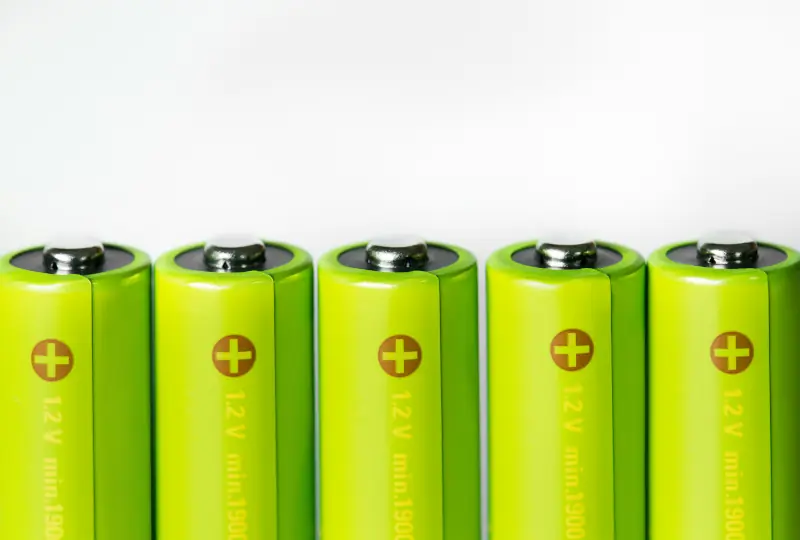
Beyond Cars: Tesla Energy and Solid-State Storage
It’s also worth noting that solid-state batteries have major implications beyond electric vehicles. Tesla’s Powerwall, Powerpack, and Megapack solutions — all used for home and grid-scale energy storage — could see massive performance upgrades with solid-state integration.
Benefits would include:
- Lower degradation rates, allowing longer storage lifespans
- More compact designs, reducing physical space required for installations
- Enhanced safety, especially in residential or wildfire-prone areas
While automotive EVs get all the attention, Tesla Energy could be the real game-changer when solid-state tech becomes viable.

Final Thoughts: Is Solid-State Tesla’s Next Big Leap?
Solid-state batteries have the potential to completely reshape the electric vehicle landscape, offering longer range, shorter charging times, and greater safety. While Tesla hasn’t publicly committed to using solid-state cells yet, the company is strategically positioned to pivot when the time is right.
Until then, expect Tesla to continue pushing the envelope with incremental innovations like the 4680 cell — while quietly preparing for a solid-state future that could unlock the next era of EV dominance.


